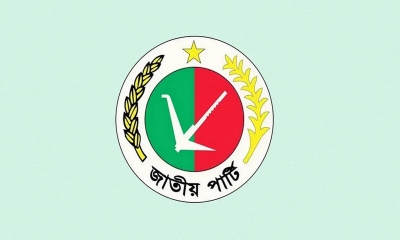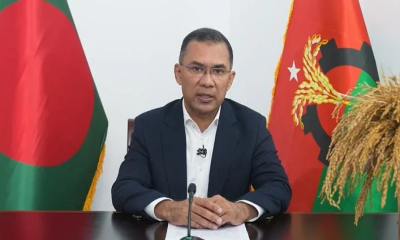US Vice President Kamala Harris on Saturday accused Russia of committing "crimes against humanity" in Ukraine, saying Moscow's forces had conducted "widespread and systemic" attacks on the country's civilian population, reports AFP.
She made the comments at the Munich Security Conference, days ahead of the one-year anniversary of the Russian invasion which unleashed war in Europe for the first time in decades.
"The US has formally determined that Russia has committed crimes against humanity," she told world leaders at the gathering -- the first time that the United States has designated Russia's actions in Ukraine as such.
"Their actions are an assault on our common values and our common humanity. Russian forces have pursued a widespread and systemic attack against a civilian population," Harris added.
Harris levelled a list of allegations at Moscow's troops -- "gruesome acts of murder, torture, rape and deportation, execution-style killings, beatings and electrocution".
"I say to all those who have perpetrated these crimes and to their superiors who are complicit in these crimes: you will be held to account... Justice must be served," said Harris, a former prosecutor.
'Genocidal war'
Ukraine's Foreign Minister Dmytro Kuleba welcomed the move, saying that Russia had started a "genocidal war".
"Everything that stems from that is crimes against humanity, war crimes and various other atrocities committed by the Russian army in the territory of Ukraine," he told a press conference in Munich.
But he also expressed fears that there would not be enough evidence to prosecute "specific individuals".
The International Criminal Court is investigating war crimes and crimes against humanity in Ukraine.
European Union chief Ursula von der Leyen last year also floated the idea of a "specialised court" to put Russia's top officials on trial over the war.
The three-day conference is being attended by senior figures including the presidents of France and Germany, China's top diplomat Wang Yi, and a large US delegation including Harris and US Secretary of State Antony Blinken.
Russia, which used to traditionally send Foreign Minister Sergei Lavrov to the event, was not invited this year.
Outside the venue hosting the Munich gathering, several hundred protesters rallied to show their support for Ukraine, while a separate group staged a demonstration against the conflict.
The second day of the conference on Saturday also heard calls for more military support, with Kyiv doubling down on pleas for quick weapon deliveries to launch a successful counter-offensive.
NATO Secretary General Jens Stoltenberg urged allies to "give Ukraine what they need to win and prevail as a sovereign, independent nation in Europe."
After weeks of hesitating, Berlin last month agreed German-made Leopard tanks could be sent to Ukraine. But it has struggled to get commitments from allies to form a coalition to deliver the most modern types.
Zelensky's pleas for Western backers to give combat jets to Kyiv have meanwhile received a cool response.
The China question
There have been concerns China is deepening ties with Russia despite the conflict -- but top diplomat Wang insisted that Beijing was playing a constructive role, and would support dialogue and potential peace talks.
Wang added that China will publish on the anniversary of the war a document setting out its position on the "peaceful settlement" of the conflict.
German Foreign Minister Annalena Baerbock gave the announcement about the document a cautious welcome: "We need everyone in the world to stand up for peace. But the question is, what this peace will be."
Kuleba said he would not comment on the Chinese position without first seeing it, but added: "I think we should be focused on one thing -- even if we're deadly tired, we can't allow ourselves to get tired of fighting for freedom."
Asked whether Wang's remarks appeared sincere, British Prime Minister Rishi Sunak told the gathering: "China has to play a responsible role when it comes to situations like this, and that's what I'll urge and ask them to do."




-20260216055149.webp)

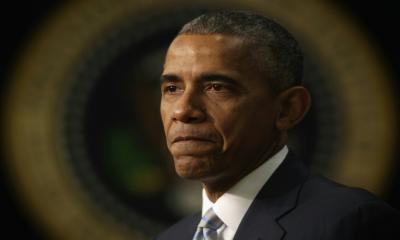
-20260215061522.webp)
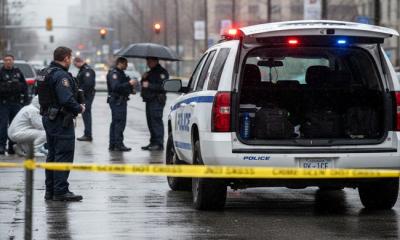
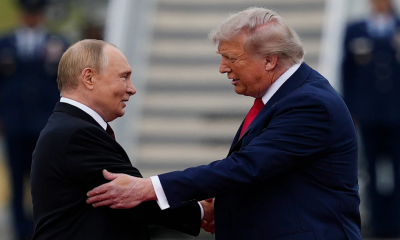


-20260217073221.webp)


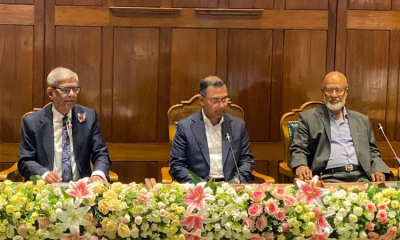

-20260216115008.webp)






